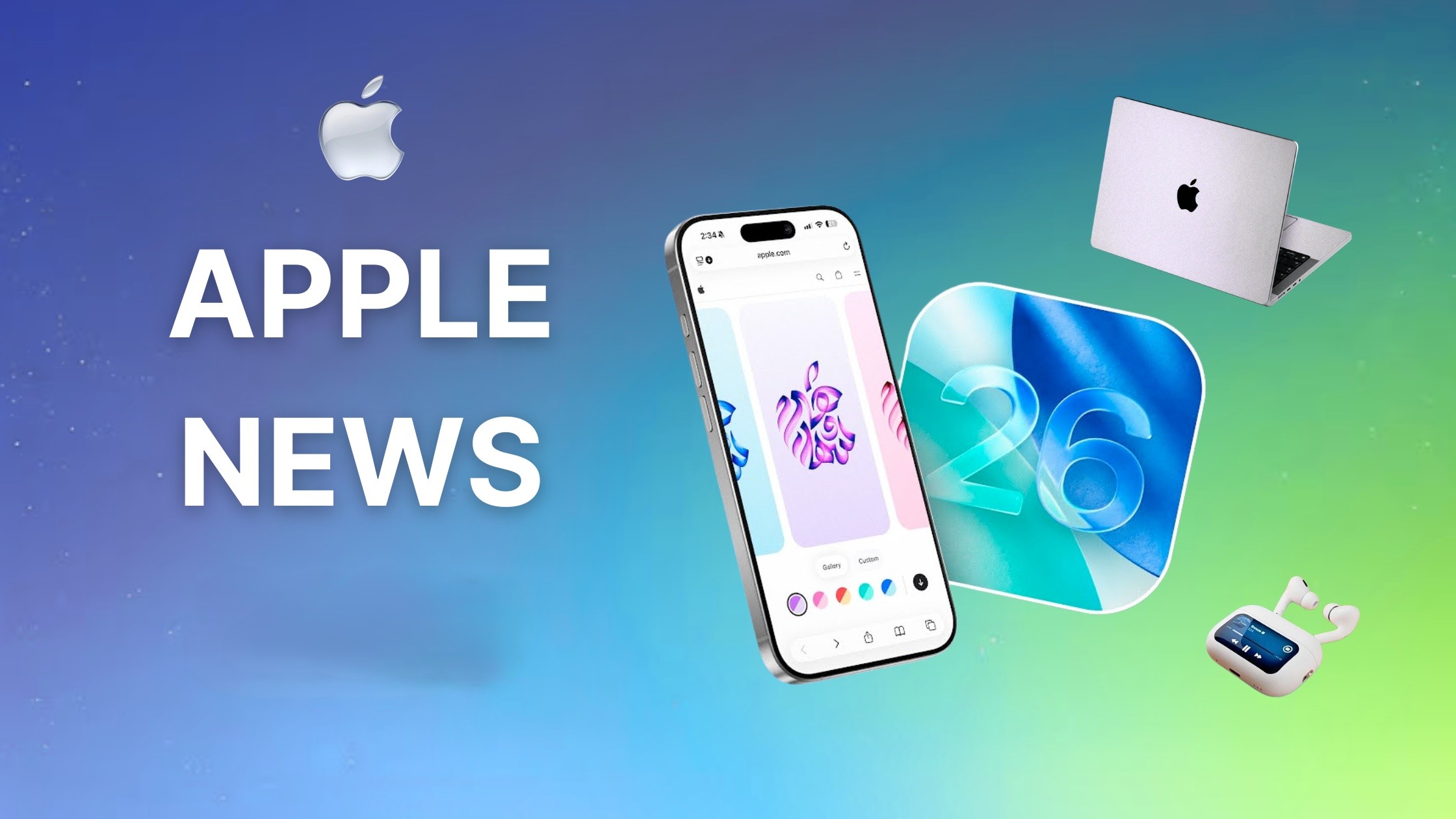In recent years, the digital marketplace has been a battleground for tech giants and developers, with Epic Games at the forefront of challenging Apple’s App Store policies. The crux of the dispute lies in the installation process of third-party app stores on iOS devices and the associated fees imposed by Apple.
The Installation Process: A Point of Contention
Epic Games has raised concerns over the complexity and time required to install third-party app stores on iOS devices. While installing an app from Apple’s App Store is straightforward, adding a third-party app store involves additional steps, which Epic argues can deter users. This process includes navigating through multiple prompts and warnings, which Epic describes as scare screens designed to discourage users from proceeding. These additional steps can extend the installation time, making it less convenient compared to the native App Store experience.
The Core Technology Fee: A Financial Barrier
Beyond the installation process, Epic Games has taken issue with Apple’s Core Technology Fee (CTF). This fee imposes a €0.50 charge on every app installed on iPhones and iPads once it surpasses one million installs. Notably, this fee applies regardless of whether the app is downloaded from Apple’s App Store or an alternative store. Epic contends that this fee is prohibitively expensive and violates the Digital Markets Act (DMA), which aims to promote fair competition in the digital market. To mitigate this burden, Epic has temporarily covered the CTF for developers participating in its free-games program in Europe. However, this solution is not sustainable in the long term and underscores the financial challenges developers face under the current system.
Regulatory Landscape and Legal Battles
The European Commission has been actively investigating Apple’s compliance with the DMA. In April 2025, the Commission found that Apple was violating the DMA by imposing illegal fees and restrictions on third-party stores. The Commission’s findings highlighted that Apple’s practices, including the CTF and the complex installation process for third-party app stores, undermine competition and developer choice. As a result, Apple was required to make changes and pay a fine. Despite these regulatory actions, Epic Games continues to advocate for a more open app store economy, emphasizing the need for fair competition and consumer choice.
The Broader Implications
The ongoing dispute between Epic Games and Apple is emblematic of a larger conversation about the balance of power in the digital marketplace. Developers argue that platform owners like Apple wield disproportionate control over app distribution and monetization, leading to practices that can stifle innovation and limit consumer choice. The introduction of fees like the CTF and the implementation of complex installation processes for third-party app stores are seen as mechanisms to maintain this control. As regulatory bodies like the European Commission intervene, the industry is at a crossroads, with potential shifts towards more equitable practices on the horizon.
Conclusion
Epic Games’ challenge to Apple’s App Store practices highlights critical issues in the digital marketplace, including installation processes, fee structures, and regulatory compliance. As the landscape evolves, the outcomes of these disputes will likely have lasting impacts on how apps are distributed and monetized, influencing the experiences of developers and consumers alike.



